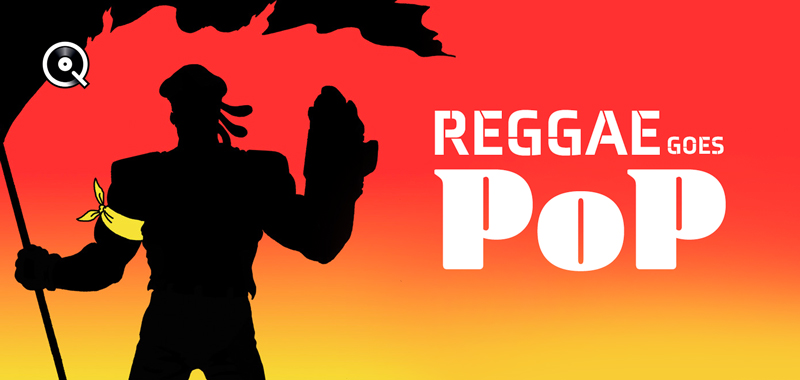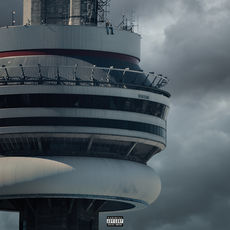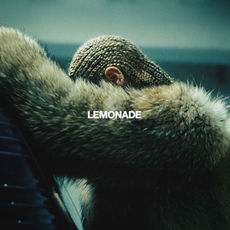Although it has almost always been an underground genre, reggae has been enjoying a place in the sun in recent years, thanks to its appropriation by the big names of American pop. While Jamaican music has long produced some of the hardest-working loops in the history of sampling, the cultural heritage of Bob Marley's home took on a new dimension in October 2015, when Justin Bieber released Sorry, a sickly-sweet number over a dancehall beat by Skrillex, which racked up 2.8 billion views on Youtube. It was an initial breach in America’s wall of sound, which Work would force wide open. The track from superstars Rihanna and Drake, which samples Take Me Away by Jamaican singer Richie Stephens (released in 2000) made dancehall's return to favour official. A few hours after it was released, on 27 January 2016, the video, which shows all the fever of a Jamaican dance hall, had been watched millions of times; a few days later, a decent portion of the world's population would be humming it while doing the dishes. Three weeks after that, it was Kanye West's turn to bring out a new album, The Life of Pablo: on Famous, famous for his ultra-provocative video, he samples Bam Bam, a reggae hymn sung by Sister Nancy . In April, Beyoncé brought out the album Lemonade. On the track Hold Up, produced by Diplo (whom we will mention later), we find the characteristic reggae skank (a chord played on the off beat, on guitar or keyboard), and even the foghorns of Jamaican sound systems.
Drake rounded this series off in May with his album Views, which, aside from the hit Hotline Bling, contains many songs inspired by dancehall, like Controlla, with the Jamaican star Popcaan - brought to a broader audience on Good Times by Jamie xx in 2015 - as well as Too Good (also featuring Rihanna) and One Dance. These were composed under the supervision of Supa Dups and Nineteen85, two of the most famous producers in the USA today, and grey eminences behind the dancehall beats renaissance. Nineteen85 is a part of the Ovo team, the label put together by Drake to showcase the scene of his native Toronto, which is home to a strong Jamaican community. For the writer of Hotline Bling's instrumental track, "we had the Sean Paul/Elephant Man/Shaggy/Beenie Man takeover in the early 2000s, so it was gonna happen again sooner or later. Toronto has so much influence on music right now, and Toronto's urban music scene has always been heavily influenced by reggae.”
Meanwhile, Supa Dups, has revealed a deliberate strategy to infiltrate the mainstream with dancehall: he spoke of close friendships between producers of West Indian descent in an interview with Billboard: "We were friends for a long time, and this whole reggae sound started to come around. Drake is always intrigued by the Caribbean sound, so were all like 'why not all get together and make it happen.'" Supa Dups is especially well-placed to launch an effort of this kind: of Jamaican and Chinese descent, he came to prominence with a series of hip-hop remixes of hits in the 2000s, before producing tracks for Bruno Mars, Rihanna, Sean Paul, Eminem and John Legend. He is also the founder of the Miami collective Black Chiney, which was home to Walshy Fire, a member of Major Lazer, the group set up by Diplo, who also grew up on the Florida peninsula, a few hundred kilometres from Kingston.
Create a free account to keep reading









